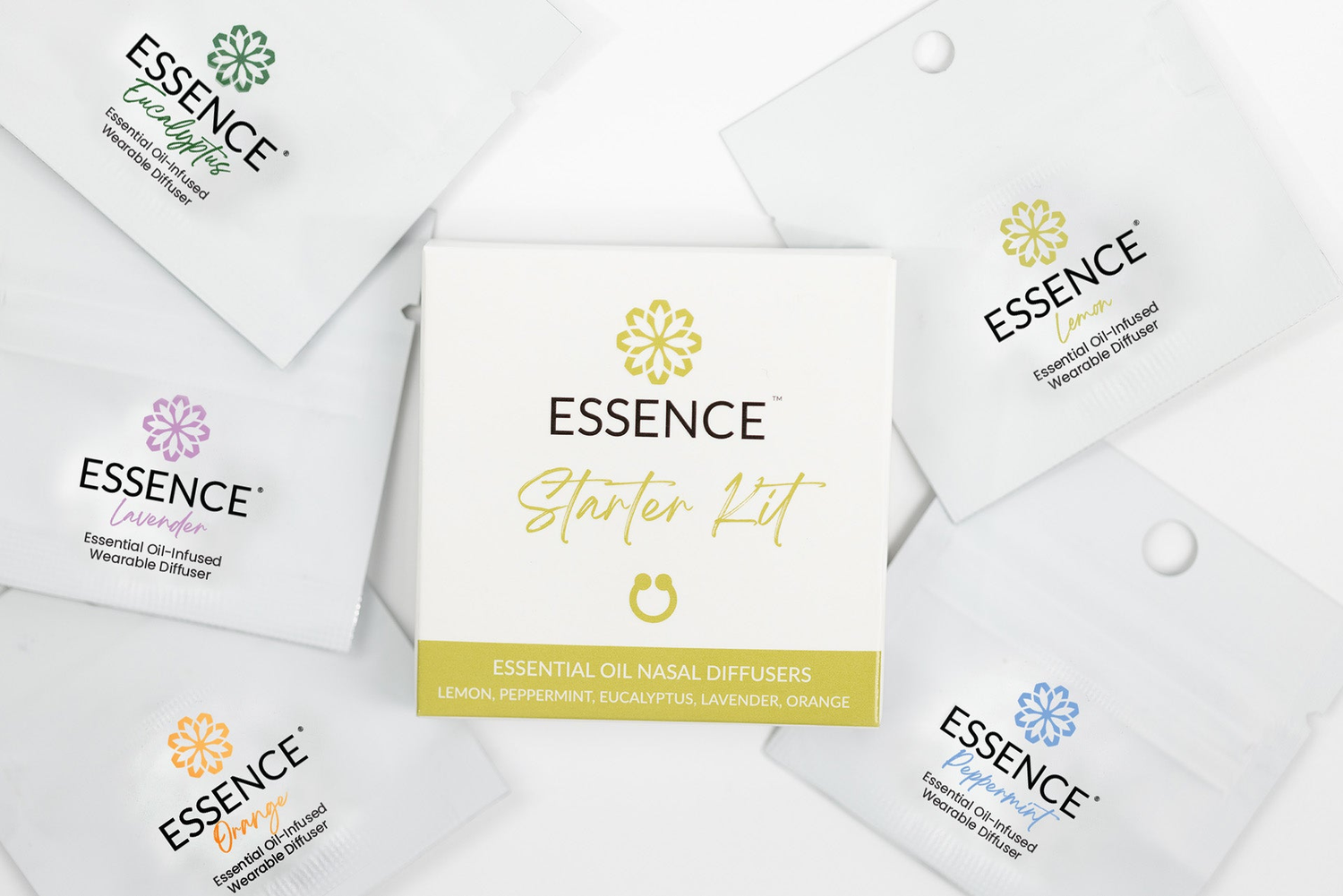Breathing is not just a bodily function for keeping us alive; it also keeps us sane. And the latest research in this field is taking a deep breath and diving into some really exciting findings.
For instance, scientists have discovered that the brainstem, the control center for vital functions such as heart rate and blood pressure, also plays a critical role in regulating breathing. This means that our brain is not just a control center for our thoughts and emotions, but also for our breath.
Another area of research is focused on the use of breath analysis as a diagnostic tool for a range of diseases. Studies have shown that the composition of exhaled breath can provide information about the presence and severity of conditions such as lung cancer, asthma, and chronic obstructive pulmonary disease (COPD). Cutting edge technology is like the Sherlock Holmes of breath, deducing the mysteries of our health just by taking a sniff.
And let’s not forget the power of mindfulness and breath. It’s like a superhero power--just a few deep breaths can reduce stress, improve cardiovascular health, and promote relaxation. So next time you feel overwhelmed, just remember, you have the power to breathe and calm yourself down.
Essential oils only add to the benefits of mindful breathing. Essential oils have been used for centuries to promote health and well-being, and recent research has shown that they can also be beneficial for improving breathing. One of the most well-known essential oils for respiratory health is eucalyptus oil. This oil has been traditionally used to relieve symptoms of respiratory conditions such as asthma, bronchitis, and the common cold. Studies have shown that eucalyptus oil can help to open up airways and reduce inflammation, making it easier to breathe.
Lemon oil is also beneficial for respiratory health. It has antiseptic properties which can help to clear the airways and reduce the risk of infection. It also has a refreshing and uplifting scent that can help to improve mood and reduce stress.
Frankincense oil is considered to be beneficial for respiratory health. It has anti-inflammatory properties that can help to reduce inflammation in the airways, making it easier to breathe. Additionally, its grounding aroma can promote feelings of calm and relaxation, which can help to reduce stress and improve overall well-being.
Peppermint oil is another essential oil that has been found to be effective for respiratory health. Peppermint oil contains menthol, which has a cooling and soothing effect on the lungs. It can help to clear mucus, reduce inflammation, and open up airways, making it easier to breathe.
It’s important to keep in mind that these are traditional uses of essential oils and more studies are needed to confirm their effectiveness. It’s always best to consult with a healthcare provider before using essential oils, especially if you have any underlying health conditions.
In conclusion, recent research in breathing has led to a deeper understanding of the neural control of breathing and new therapies for respiratory disorders. Additionally, essential oils are a natural and effective way to improve breathing and alleviate respiratory symptoms. With the continued advancement of research and technology, there is the potential for even more breakthroughs in the field of breathing in the future. So take a deep breath, and let’s see what the future holds!


